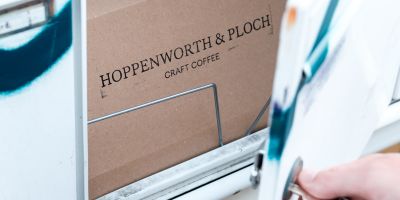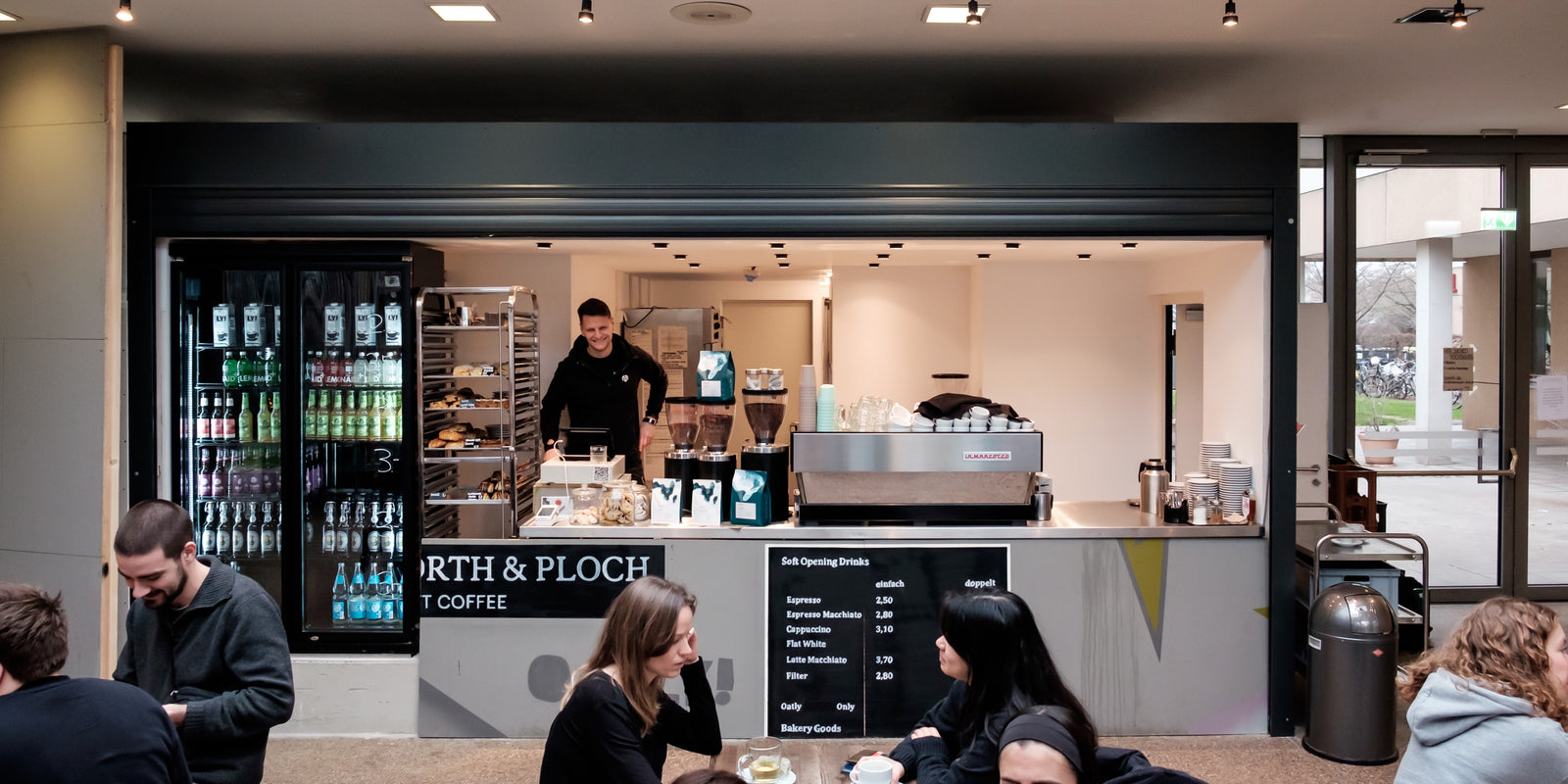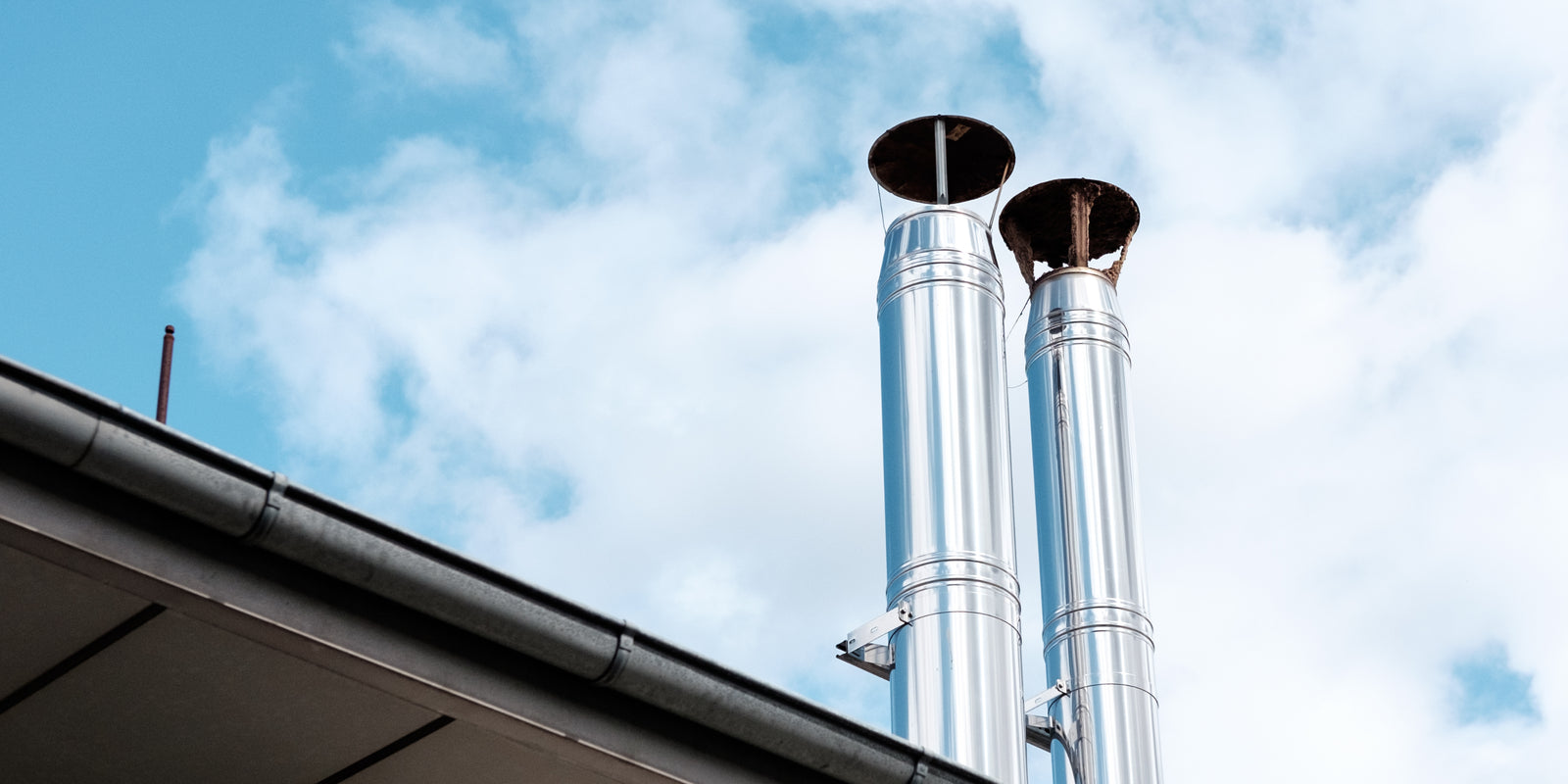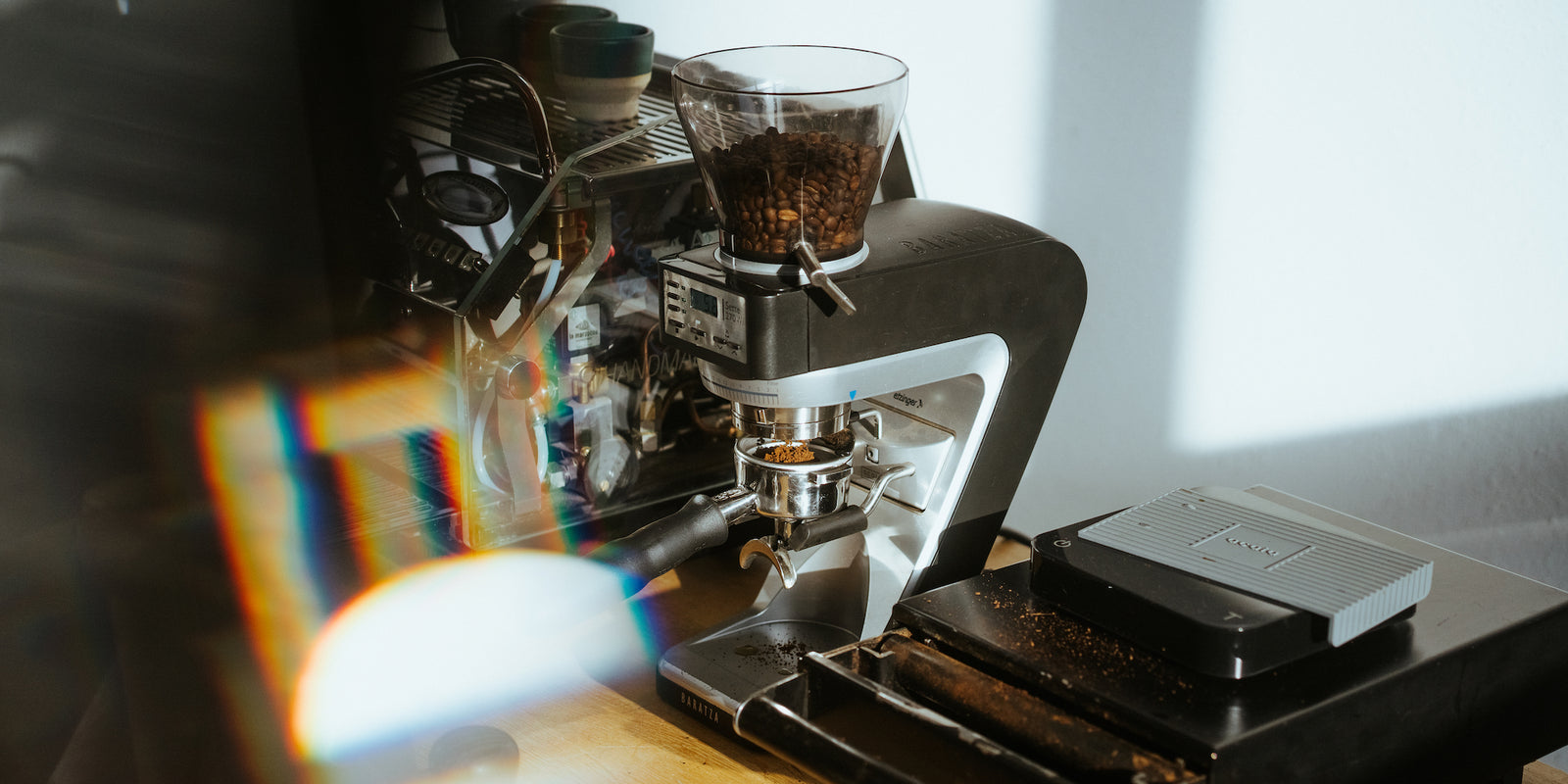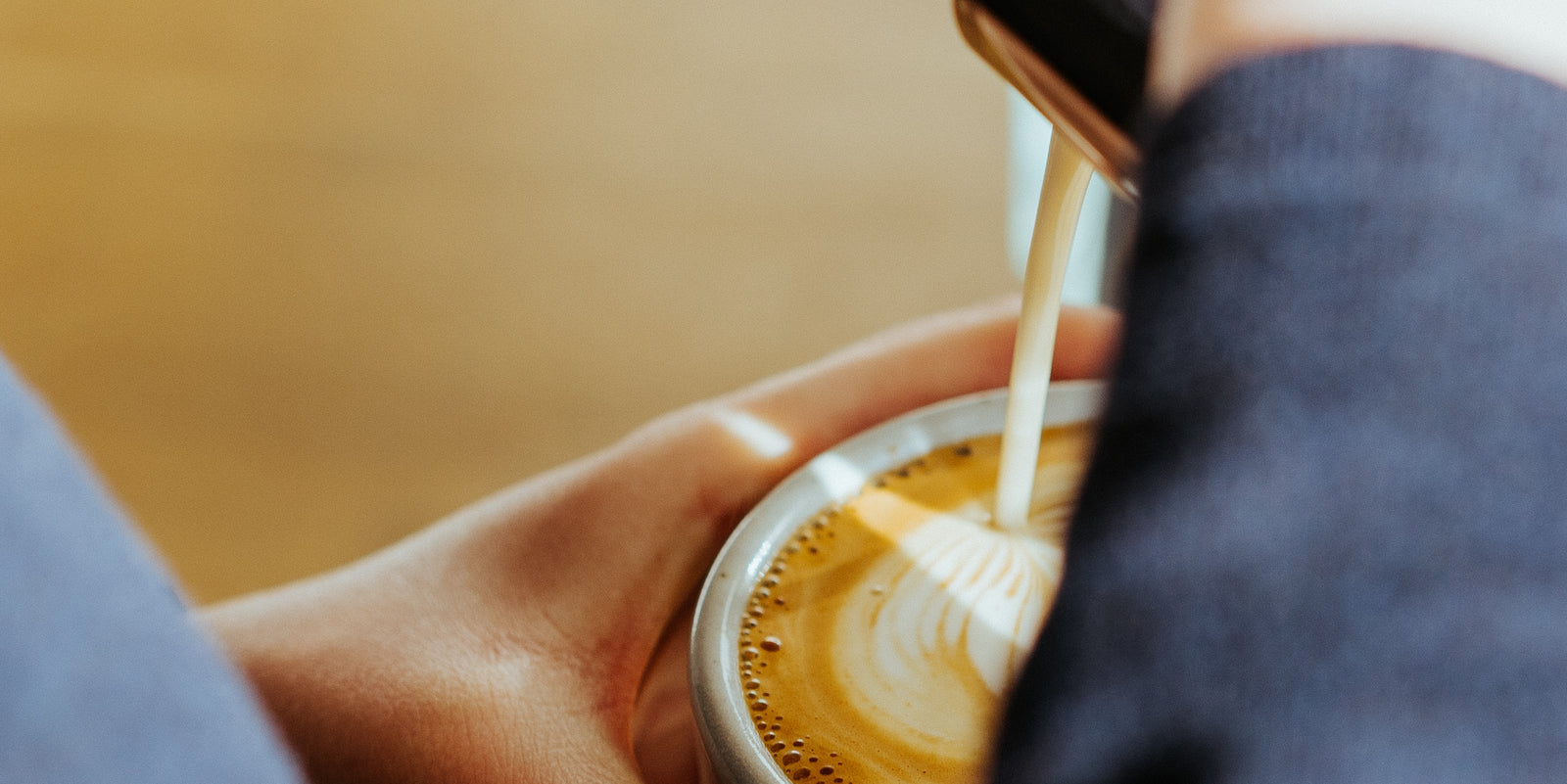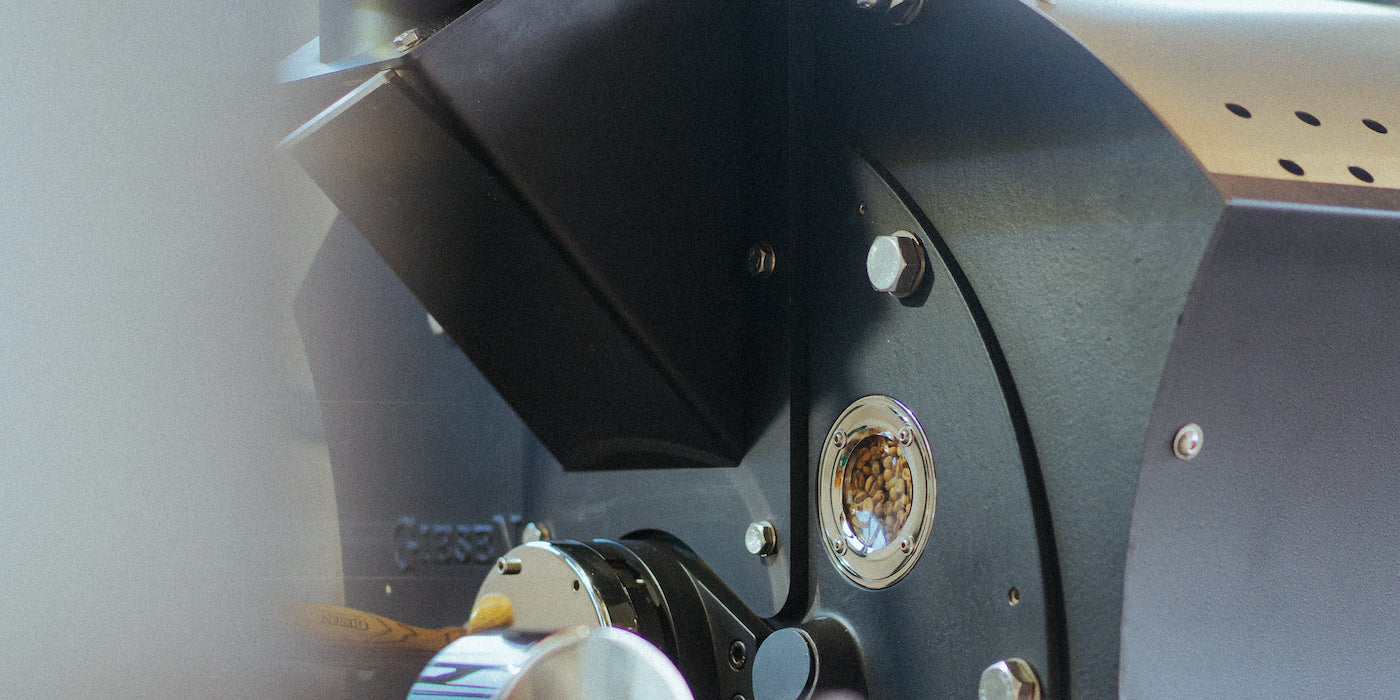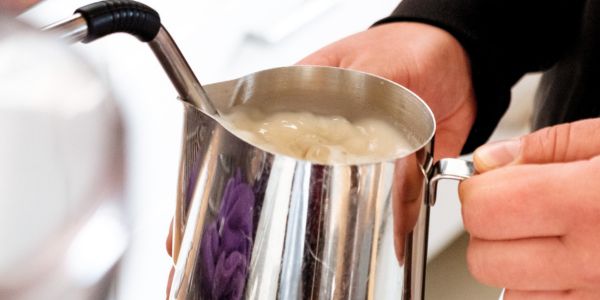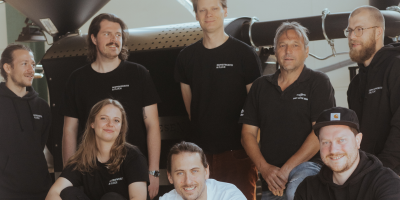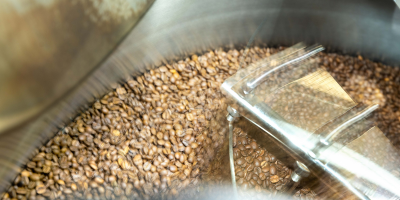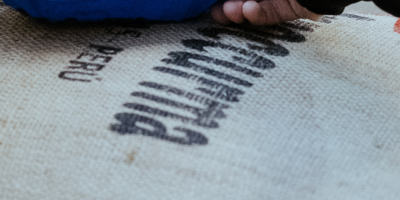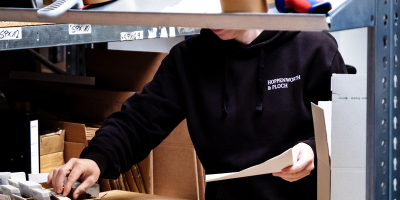Your Cart is Empty
New seminar dates every first friday of the month! // Free international shipping available
New seminar dates every first friday of the month! // Free international shipping available
Kurse & Seminare
About Us
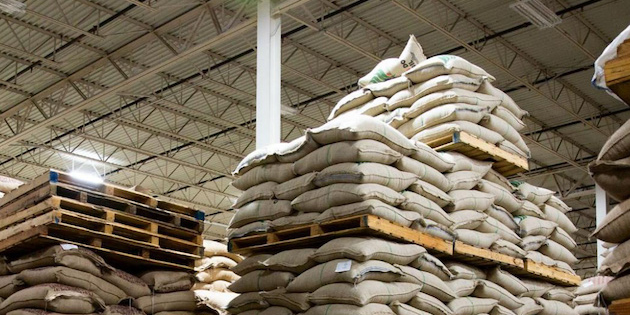
How is the current global political situation affecting the coffee sector?
December 02, 2022 5 min read
Many of you will already have noticed that the current global political situation is having a noticeable impact on price trends in almost all areas of our daily lives. Coffee is also affected by this. As a company, we have to react to this development in order to remain healthy in the long term. However, we want to take you with us on this, and in the following we want to provide an overview of three main reasons for these developments - on the impact of global climate change, the corona pandemic and the war in Ukraine on the coffee industry.
Climate Change
That climate change poses a threat to agricultural products is fundamentally intuitive. On the other hand, exactly how serious its effects may be is not always directly conceivable. Here's just a quick sideways look at the long-term consequences climate change may have on coffee: a model study led by the Royal Gardens in London has calculated the impact of various climate models on coffee cultivation in Ethiopia, and the results are sobering. In most scenarios, the scientists involved expect a reduction in crop yields of about 65% for the year 2080, and in some pessimistically calculated ones, there may be a loss of nearly 100% over the same period. With this knowledge, it becomes clear how important it is to take a close look at one's own behavior.
But the consequences of global climate change will not only be felt in a few decades: in the form of extreme weather events, they are already causing major problems for the coffee industry. In the winter of 2020/21, for example, an unusually harsh frost occurred in the Brazilian coffee-growing region of Minas Gerais, damaging a significant portion of the crop. Due to the life cycle of the coffee plant, the consequences of this event will continue to be felt for several years. Now, one may wonder how significant this event was, and the following reasoning may serve to clarify: Minas Gervais is the most significant growing region by volume in Brazil, the largest coffee-producing country in the world. Minas Gerais accounts for about 70% of Brazil's Arabica harvest volume - and even more impressively, about 40% of the world's volume. A significant reduction in the harvest in Minas Gerais consequently leads to a reduction in green coffee, which is felt worldwide, and thus, following the logic of supply and demand, has a noticeable effect on Arabica prices.
But other events can also have serious effects. For example, a postponement of the rainy season in Vietnam until the harvest season - which is quite short there - has meant that processing wizard Marian Takač in Vietnam has had major problems harvesting his coffees in peace. Torrential rains have simply made access to the fields difficult or impossible. The result? Instead of ten tons of coffee that was planned to be produced, Marian was only able to process a little over two tons. So he, too, had to raise his prices for green coffee to somewhat cushion the shortfall. For those who want to read his story in more detail, click here!
The long-term consequences of climate change have been aware and threatening as an abstract idea for some time. But short-term challenges are also increasingly coming our way, and in the end, all of these occurrences affect the price.
Corona pandemic
But in addition to global climate change, of course, the COVID19 pandemic is also a phenomenon that looms ominously over the coffee industry. Put simply, wherever people have to work together, Corona is a constant threat. Coffee harvesting is done by coffee pickers* in many parts of the world, but processing stations are also labor-intensive enterprises. And, of course, ports were also noticeably affected by Corona - and the combination of these aspects adds up to delays and, in some cases, losses. Add to that political decisions that have had an unfavorable impact on the supply chain for the sake of safety. Some ports have been heavily sealed off, while others have seen immense restrictions due to protection regulations. If we want to stay with the example of Marian Takač: Vietnam worked with very strict lockdown regulations, leaving the house was only allowed in absolute emergencies - harvesting activities were out of the question. This lockdown was secured by the military, which monitored the curfew.
And finally we must not forget that also here with us the painful memory of the Lockdown of the catering trade is still awake. We, like many other esteemed colleagues, have had to feel the impact of the elimination of indoor dining very painfully. And all of this is also having an impact on prices, which a company in the coffee industry is currently having to raise almost across the board.
War in Ukraine
Finally, the war in Ukraine is also affecting coffee production worldwide. Quite directly, we feel quite clearly the extended delivery times to and from abroad. The fact that the airspace over Russia and Ukraine is currently closed considerably slows down international deliveries, which has an additive unfavorable effect on the much-vaunted global supply chain crisis, and in the logistics sector delays always mean one thing: that costs are incurred which are passed on somewhere; often this affects us, for example in the form of significantly higher logistics costs.
The impact on our energy prices is even more immediate. We roast our coffee with gas, as is customary in the industry. But it also affects the coffee producers, who are often dependent on gasoline for their work - they also suffer enormously from the increased energy prices.
The good news
We see ourselves as part of the Third wave of Coffee, which embraces an awareness of problems of this kind. Therefore we pay for our coffee a multiple of what large roasters pay. On the one hand we pay this price for the higher taste quality, on the other hand because we serve a supply chain that is well aware of the emerging problems and in which capital is generated and used to counteract these trends as far as possible. To underpin this, we have adopted the Mission Statement
"Pushing towards a fair, friendly and sustainable hospitality and food industry."
Committed. For us, this means that we firstly only buy green coffee that - regardless of seals - was really produced fairly and sustainably, secondly also ensure that we treat our employees as fairly as possible, and thirdly also that we also only pass on to you prices that are affordable for all sides. And if you have any questions, don't hesitate to contact us! We can trace (almost) all of our coffees back to farm level and answer all questions as detailed as possible!
Join our Coffee Crew
10% discount on your first coffee order.And more: Sign up for our newsletter and never miss coffee releases, offers and background stories again.
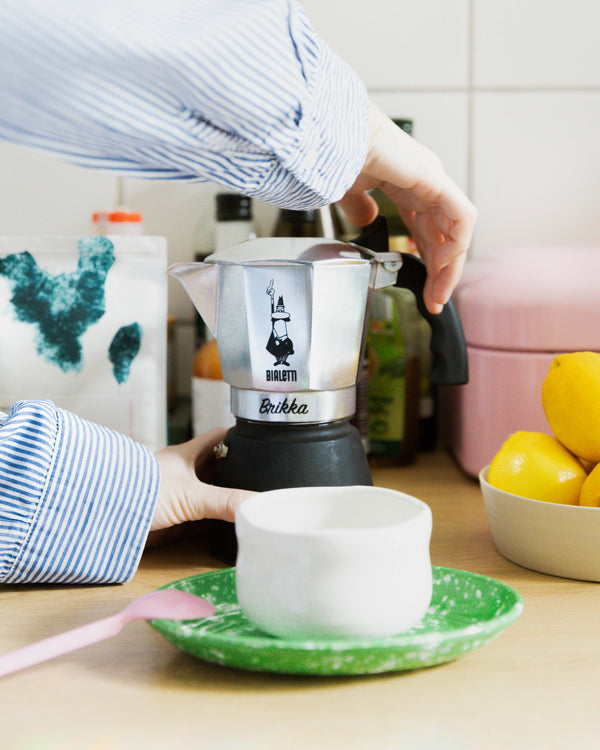
Never miss out on great coffee again!
A new, freshly roasted coffee delivered to your home every month? Whether you prefer filter or espresso, our coffee subscription takes you on a regular sensory world tour through the world of coffee — with free worldwide shipping!



